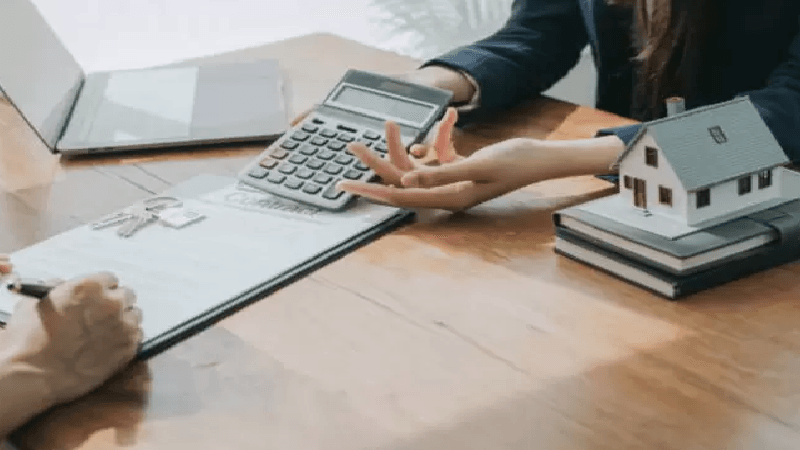
The first key to building a successful budget is to set priorities. This means determining which things are important and which are not. Setting priorities will also help you identify must-have expenses so you can save for long-term wants.

The second key to building a successful budget is learning how to manage income. This means that after setting priorities, you need to create a plan to distribute the money you have available. This will also help you manage your finances and avoid unforeseen events.
The third key to building a successful budget is to watch your expenses. You need to keep track of all your expenses and compare them to your monthly income to see if you are going over your budget. This vigilance will help you control your finances successfully.
Assessing your situation
It is important to assess your financial situation to build a successful budget. You should take into account all the income and expenses you have, including your bank accounts, credit cards, loans, fixed and variable expenses. This information will help you better understand your budget.

Once you have assessed your financial situation, you can begin to set goals for a successful budget. These goals should be realistic and achievable. This way, you will not only save money but also improve your financial situation in the long run.
In addition to setting realistic goals, it is important that you set limits for your budget. This means deciding how much money you can spend in each area of your life without going overboard. By setting limits on your spending, you will be able to successfully reach your goals.
Identify your monthly expenses
1. Identify your monthly expenses. It is important to identify your basic monthly expenses, which usually consist of food, transportation, electricity, water and telephone services. This will help you have a clear idea of what you need to spend each month.
2. Establish limits. Once you have identified your basic monthly expenses, it is important to set limits for other expenses such as entertainment, shopping and going out of the house. Setting realistic limits on each of these expenses will help you avoid wasting money.
3. Take note of excessive spending. Sometimes it can be difficult to control excessive spending. That's why it's important to take note of all of them so you know when to stop. This will help you keep your budget under control and avoid falling into debt.
Set your budget
Having a successful budget starts with setting your spending limit. You must define your priorities and assign a percentage of your income to each one. Setting a realistic budget will help you reach your long-term goals.
Create an emergency fund
Creating an emergency fund is a vital part of building a successful budget. This will allow you to be prepared for unexpected contingencies, such as unexpected medical bills, major home repairs or unemployment. Establishing this fund will protect you and give you the financial stability you need to cope with life.
It is advisable to save at least the equivalent of 3 to 6 months of your monthly expenses. If you earn an income each month, this will allow you to have a sufficient fund to cover your basic expenses for several months if you experience a change in your financial situation. You can choose to keep this money in safe savings accounts or even in stable financial instruments such as bonds and certificates of deposit.
Stay Motivated
Setting goals and objectives is critical to staying motivated and achieving success in building a successful budget. You should set realistic but achievable objectives that will allow you to reach your goals effectively. You can also rely on creative visualization to achieve greater results.
Once you have set your goals, it is important that you analyze them each week to make sure you are on track. Then you can decide what changes you need to make to adjust your budget and meet your goals. Try to motivate yourself by achieving each small goal, whether it's buying a gift for yourself or celebrating your success with a healthy meal.

Don't get discouraged if you don't make progress fast enough. It's important to remember that it will take time and hard work to build a successful budget. Try to see growth as a positive thing and never lose faith in yourself. Seek outside help if necessary by meeting with a financial advisor or accountant. The extra support can make all the difference.






